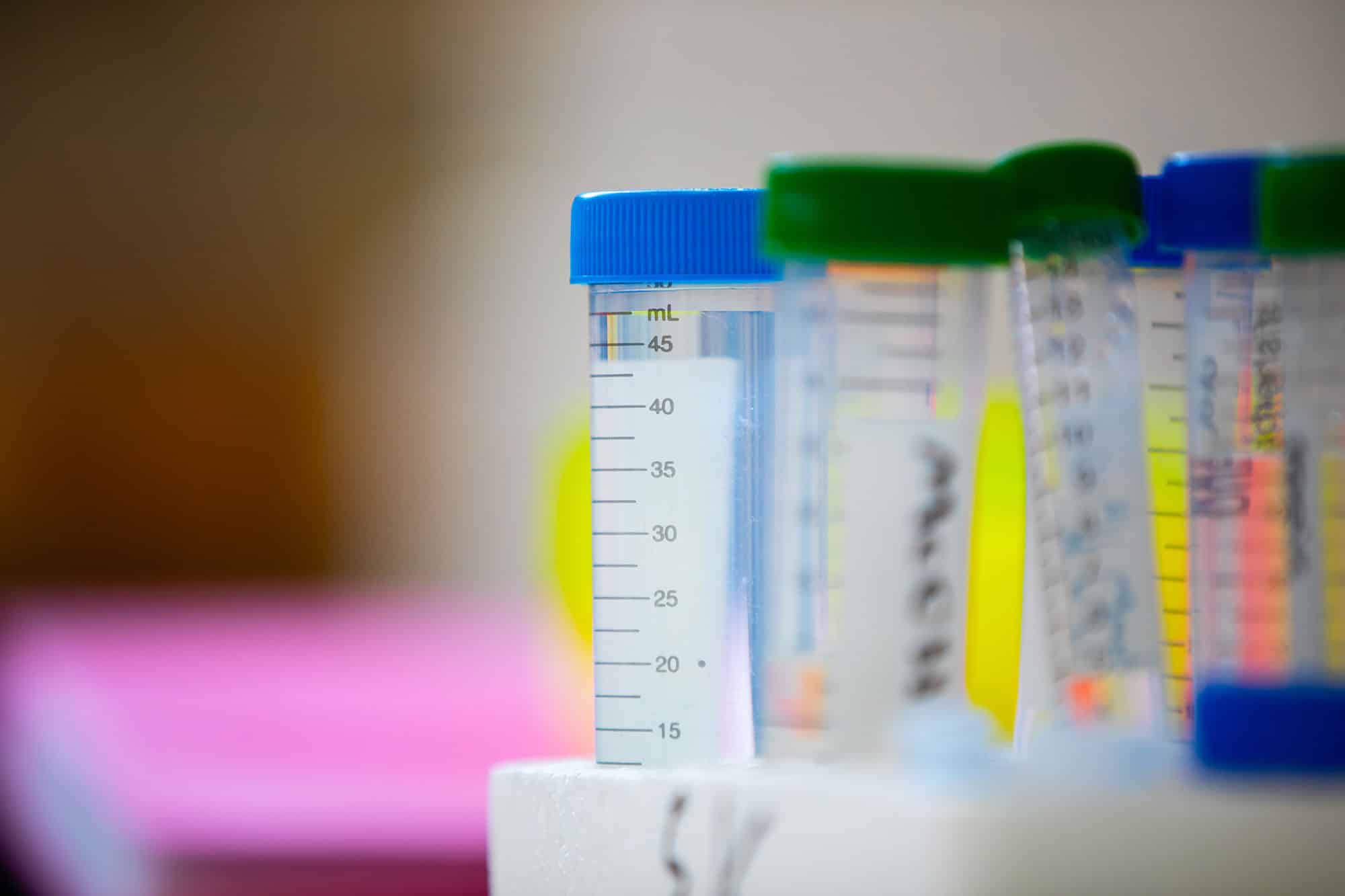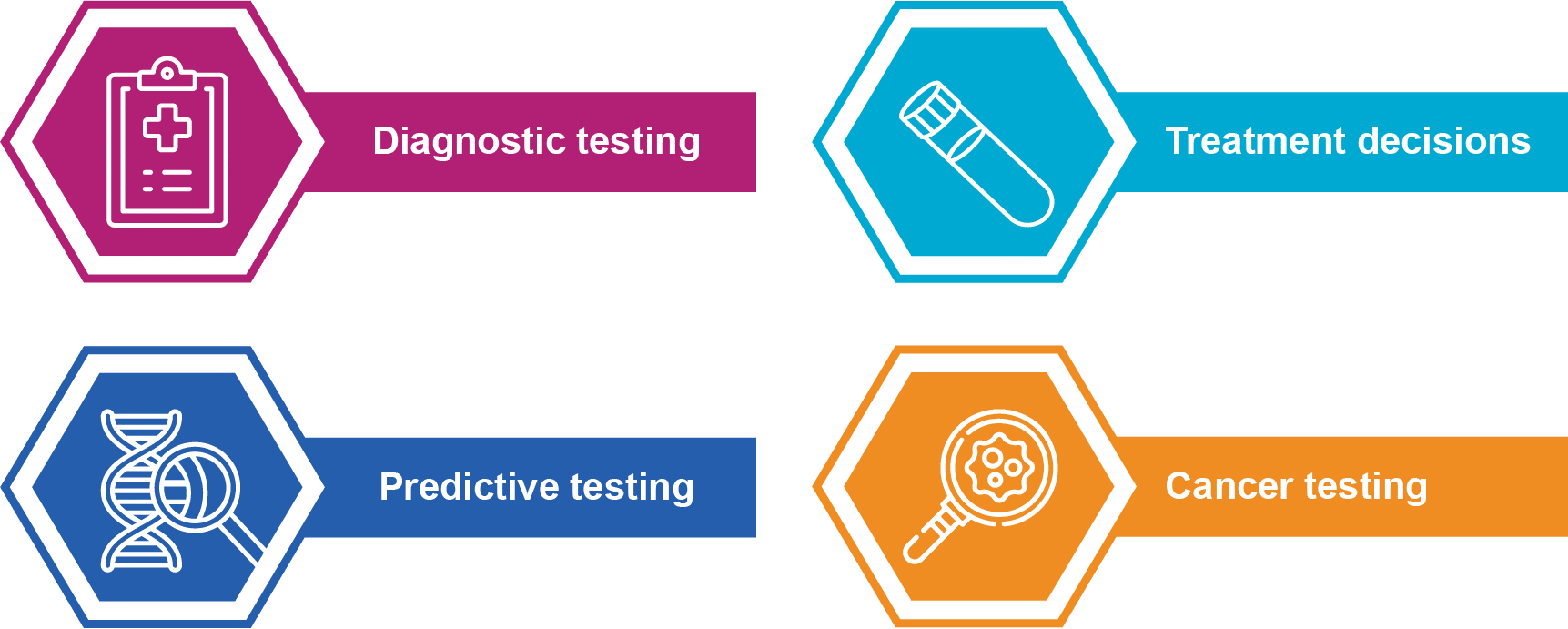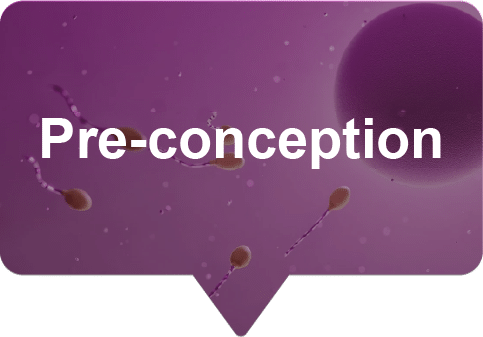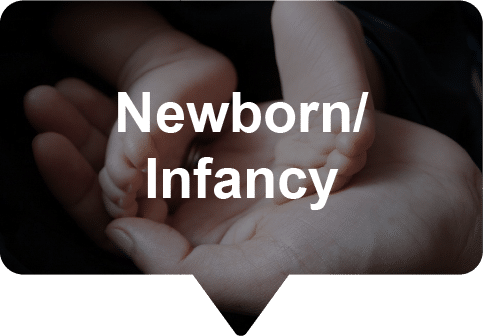How is genomics used in the NHS?
The development of new genomic tests and techniques has shaped how the testing is used in our NHS.

In the last 20 years or so the field of genetic and genomic testing has advanced rapidly. The development of new tests and techniques has shaped how the testing is used in our NHS.
Some examples of how these tests can be used in healthcare are:

Genomics throughout life
Genomic testing is now integral to many parts of the NHS at multiple stages of a person’s life.
Testing of parents prior to conception to provide information on inherited conditions.

Delivery of fetal genomic testing, including non-invasive prenatal testing, to provide families and clinical teams with as much genomic information as possible.

The newborn blood spot screening test provides further genetic information to new parents, while research programmes like the Generation Study hope to diagnose treatable conditions earlier.

Early intervention and diagnosis of childhood onset conditions, including rare and complex disorders.

Throughout life genomic testing may be a vital part of a persons healthcare journey. Testing for rare diseases, providing vital information following a cancer diagnosis and, in a developing field, understanding how our genes may impact our reaction to medication.
